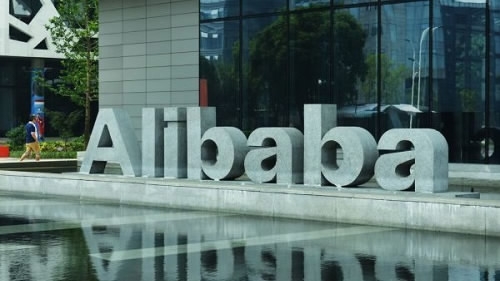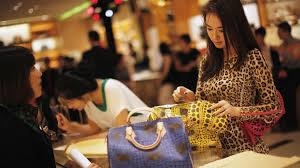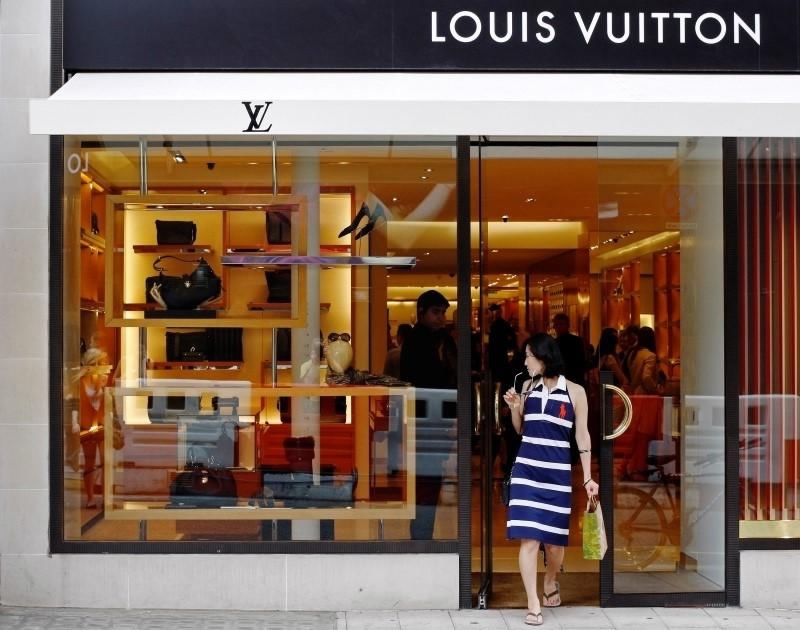
Culture & Sports
15:21, 02-Aug-2017
Alibaba launches luxury pavilion, in e-commerce battle with JD

China's e-commerce giant Alibaba Group on Tuesday launched a brand new luxury pavilion on its business-to-customer site Tmall.com, as more and more Chinese shoppers are taking to the Internet.
The invite-only platform includes flagship online stores launched by Burberry, Hugo Boss, La Mer, Maserati and LVMH's Guerlain and Zenith. The high-end brands are offering products ranging from clothes and skincare to watches and luxury cars.
This latest step by Alibaba in the luxury sphere comes following JD.com, China's No. 2 e-commerce marketplace, announced a deal last month to invest 397 million US dollars in a London-based luxury online platform Farfetch.

Reuters photo
Reuters photo
This partnership offers a significant boost to JD's luxury fashion credentials, providing luxury brands including Saint Laurent access to Chinese high-end jewelry and haute couture consumers.
Both of the e-tailers' almost synchronized aggressive expansion into luxury realm underlines China's ever growing purchase ability for high-priced goods and its intensifying trend of shopping online without visiting those brick-and-mortar stores.
China's shoppers account for an estimated 30 percent share of the world's luxury market. And its luxury market grew four percent in value in 2016, according to US research company L2.
The e-commerce market in China eclipses all others, totaling 928 billion US dollars in 2016, up 40 percent from a year before, according to US market research company eMarketer. That compares with 398 billion US dollars for the US, up 16 percent.

Reuters photo
Reuters photo
By 2020, 50 percent of luxury brand sales in China will be made online, global consultant firm KPMG has predicted.
On the other hand, globally, digital sales of luxury goods increased by almost 12 percent in 2016, outpacing all other retail channels, according to Euromonitor International market research firm. What's more, over the next five years, luxury sales are set to increase by an additional 50 percent, accounting for almost ten percent of all luxury sales.
However, China's e-tailing companies have struggled to persuade top international luxury brands to sell on their platforms.
What has long concerned luxury brands is that it would be impossible for e-commerce to replicate the gilded, perfectly curated in-store shopping experience. They also worry about their products being sold next to counterfeit and gray-market items.

Reuters photo
Reuters photo
"We wanted to control the quality of our clients' experience from end to end, just as we do in our own stores," a spokesperson of French luxury house Louis Vuitton said.
The company in late July launched its own online store www. Louisvuitton.com in China, making the country the 11th to get a dedicated e-commerce service after France, the UK, Germany, Spain, Italy, the US, Canada, Brazil, Japan and Australia.
Italian brand Gucci also launched its e-tailing site earlier in July, saying that it wants to make its full collection available and provide better access to its products, with no restrictions resulting from store locations or opening times.
Another fashion house from Italy Prada is expected to follow suit by the end of the year.

SITEMAP
Copyright © 2018 CGTN. Beijing ICP prepared NO.16065310-3
Copyright © 2018 CGTN. Beijing ICP prepared NO.16065310-3